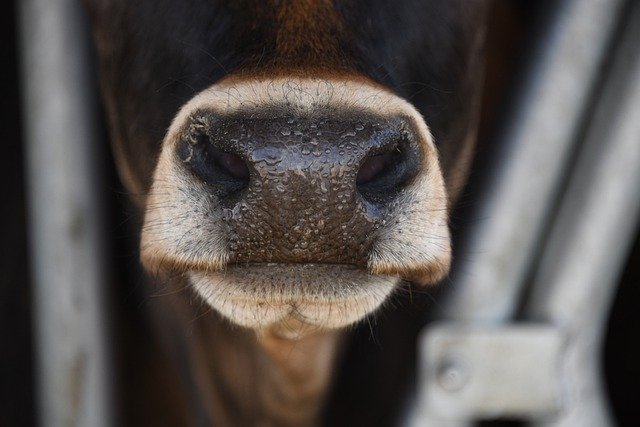Client Affairs
Agriculture Needs Emissions Targets, Investors Warn

A global investment coalition managing $5 trillion is pushing global leaders to set clear emission targets for the high-polluting sector.
As the Glasgow climate summit approaches, a new investor alliance is urging governments to set specific reduction targets for agriculture. It comes as G20 finance leaders met in Venice over the weekend to officially endorse "carbon pricing" for the first time as a global emissions tool. Later this month, the EU will impose carbon border tarrifs on carbon intensive imports such as steel and cement.
The concern for setting agricultural targets is that the sector accounts for roughly a third of all global emissions.
The new FAIRR alliance led by Legal & General IM in the UK and Canada Post Corporation Pension Plan, alongside other stakeholders, has reported that none of the G20 has set clear national emissions reduction targets for agriculture. While around half of the G20 has set targets for energy, which tends to overshadow other sectors in policies being struck to meet net-zero goals.
In a campaign launched this month, the investment group used the analogy that “cows are the new coal” in pressing for action.
“Emissions from agriculture and related land use are on a level with the greenhouse gases emitted by the EU, US and Japan combined,” Jeremy Coller, chief investment officer at Coller Capital and chair of FAIRR, said.
“If the COP26 process can transparently set out each country’s plans to address agriculture's climate footprint, it would boost the confidence of investors to mobilize capital toward more sustainable food and farming."
Former UN Secretary-General Ban Ki-moon has also added his voice to the alliance.
“Governments are making progress with ambitious pledges to reduce emissions, but if we are to meet the goals of the Paris Agreement, countries must also say how they will tackle the high level of emissions from the agricultural sector as part of their national climate commitments," Ban Ki-moon said.
Agriculture is highly exposed to climate risk. Research from FAIRR suggests that 40 per cent of the world’s largest meat firms face losses of up to $11 billion from the potential impact of carbon taxes.
A recent EY survey of global banking risk officers showed that climate risk has jumped to the top of their concerns.
The new central bank stress-tests being introduced are perhaps the biggest step toward harmonizing climate risk reporting that the financial sector is asking for.
A reminder of what the big economies have so far committed:
-- The EU has pledged to cut carbon emissions by at least 55 per
cent by 2030 compared with 1990 levels
-- The UK has committed to reduce emissions by 78 per cent by
2035 compared with 1990 levels
-- The US has pledged to half emissions by 2030
-- Japan plans to cut its emissions by 46 per cent from 2013
levels by 2030
-- Canada has said it will cut emissions by 40 to 45 per cent in
the next decade.
None has specified emissions targets for agriculture.
The investment coalition, managing around $5 trillion for clients, is also agitating governments to develop national frameworks that promote more sustainable diets that boost human health and stay within "planetary boundaries," relying on more sustainable proteins and less meat.
Population growth and consumption habits have tripled meat production in the last half century to around 340 million tonnes a year.
Expect more investment activism in the run up to Glasgow around these formidable themes.
